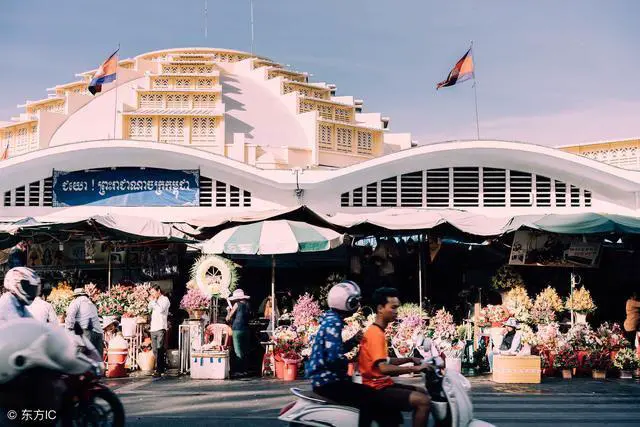By APD writer Zixin Li
US President Donald Trump’s first overseas trip is out of most of people’s expectation. Trump once again demonstrated his way of doing things. Trump’s first trip shows his strong determination to reshape the influence of the United States in the Middle East. One of the two main purposes is to promote regional cooperation against the terrorism, the other is to deal with the rise of Iran, and urge more sanctions on Iran.
Against Iran is one of greatest common interests
Trump has the intention to appease US allies and to strengthen the cooperation. In order to welcome Trump, Saudi Arabia and Israel have made every effort, and Trump will also pay back with rewards. Strengthening the sanctions against Iran will undoubtedly be the most appropriate "return".
For the United States and its allies, Iran is one of the biggest threats to the region that can be compared with the terrorism. The alliance between the United States and regional allies is largely based on the repression of Iran, which constitutes the cornerstone of the alliance system.
Both in Saudi and Israel, Trump lash out at Iran, accusing Iran of fueling “the fires of sectarian conflict and terror”, and calling for international isolation and more sanctions on Iran. “The US and Israel can declare with one voice that Iran must never be allowed to possess a nuclear weapon- never ever- and must cease its deadly funding, training and equipping of terrorists and militias,” Trump said in Israel, “and it must cease immediately”.
Thus, despite the victory of the moderate reformists in the recent election and Iran will still perform the Iranian Nuclear Agreement on a regular basis, the regional situation will remain tense for a long period of time. This is not related to Iran's internal political trend, but to the geopolitical and international political structure.
Counter-Terrorism need cooperation with Islamic countries
Although being criticized of his anti-Muslim rhetoric, President Trump took Riyadh, the capital of the Kingdom of Saudi Arabia, as his first stop of this visit, and met with almost all Sunni leaders there. He urged the Islamic countries to unite and to confront extremism. Meeting with the whole Islamic world is not Trump’s unique invention. His predecessor, President Obama had also done so. However, Trump changed the meeting place to Saudi Arabia, the country which guards the two holy sites of Islam. Trump hoped to change his negative image in the Muslim world, and show more sincerity.
Although Trump’s Middle East strategy has yet to take shape, his America First Foreign Policy takes the counter-terrorism as the highest priority. The US-Arab military cooperation mainly focuses on combating with IS, while the existing intelligence cooperation with Israel is very effective. The U.S. can hardly tolerate extreme religious ideologies, the only choice is to strengthen cooperation with moderates. Such kind of cooperation, especially military aid, will take Israel’s security concern into account, to ensure Israel's military superiority in the region.
In order to take care of the feelings of the Arab countries, Trump did not mention the plan of moving U.S. embassy from Tel Aviv to Jerusalem. However, he is still the first sitting U.S. president to visit the Western Wall, the holiest site where Jews can pray and located in east Jerusalem. He expressed his strong support for the most loyal ally of U.S. in the Middle East. From Trump’s perspective, he expects all the allies to cooperate sincerely, to help him achieve the campaign commitment of fighting against terrorism.
Mr. Zixin Li has been associated with China Institute of International Studies since 2014. He currently serves as a Research Assistant, focusing on American foreign policy in the Middle East, counter-terrorism issues, international security, and China’s “One Belt and One Road” strategy.
(ASIA PACIFIC DAILY)
 简体中文
简体中文

